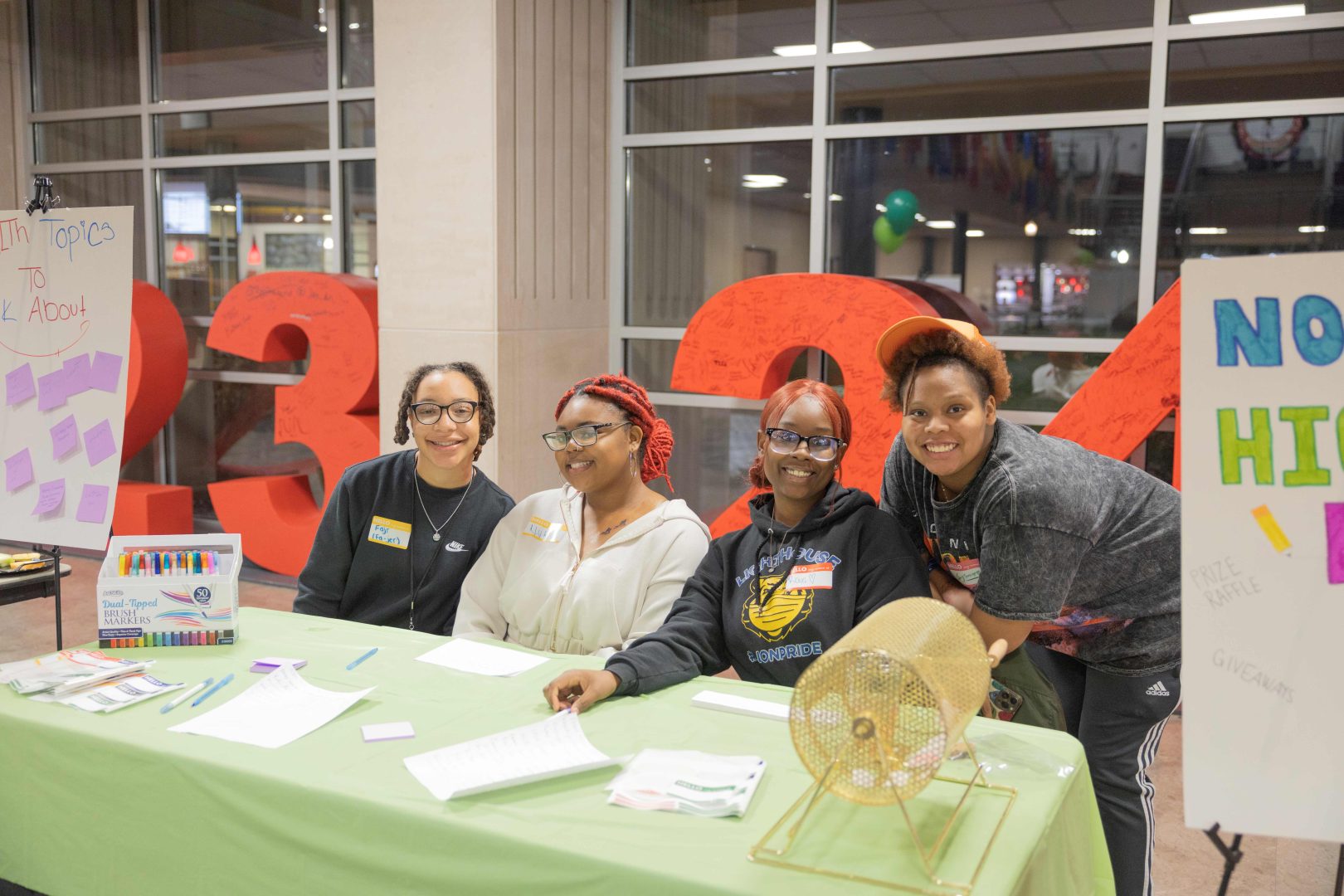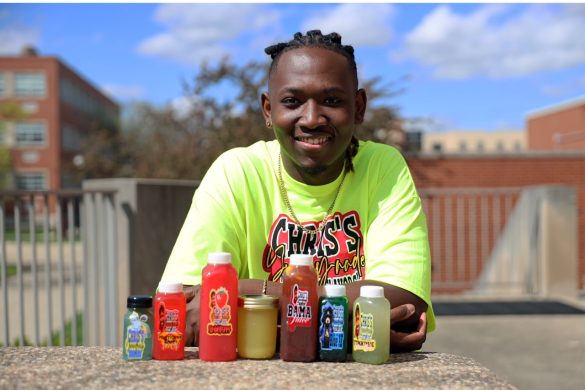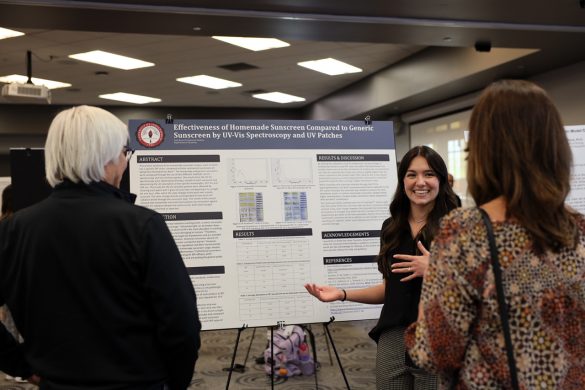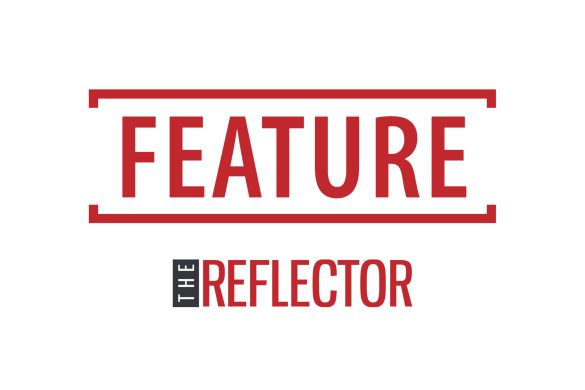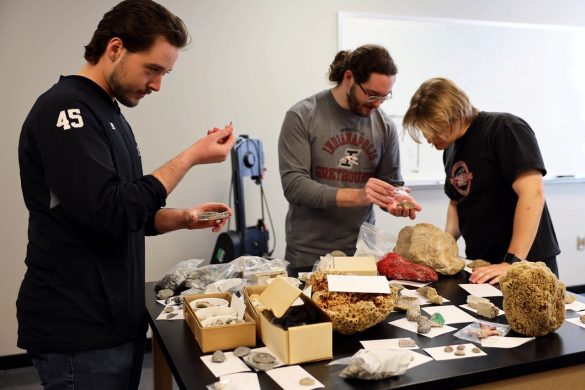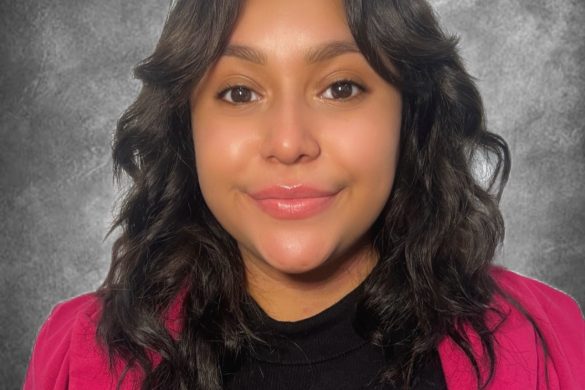The Office of Inclusive Excellence held a program titled “Not Your High School Health Class” on Nov. 9. According to the UIndy Events page, Associate Professor of Nursing Cathrine Miller, Director of Institutional Belonging & Title IX Coordinator Cari Freed, and senior nursing student Marliss Winfrey created an educational experience for students to learn about various health-related wellness topics conducted in class block formats, similar to a high school setting.
Organized in conjunction with the OIE, Winfrey created the idea, according to Miller and Freed. Miller said that Winfrey presented the idea of the program to her, saying she needed expertise for some of the topics she wanted to include within the program such as seizure care, overdose response and CPR practice.
“I started with [teaching about] seizures, moved into drug overdose and then ended with a fun, active participation in CPR practice,” said Miller. “And so I felt like all these topics were really important. These were things that she identified that students, if they had the right training could provide supportive care for a family member, a roommate, just being out in the general public. And I thought, well, you know, that’s really true. So kind of went in with the approach of it was all active learning.”
According to Miller, Winfrey wanted to ensure that the topics had cohesion and could provide a valuable learning experience that mattered for students. Miller said that all of the topics were related to her focus on medicinal health for her block.
“How do you support an individual when they’re having a seizure and then stay with them? What are the things to watch for,” Miller said. “And then the same thing with drug overdose, really hitting why we need to move away from that being such a stigma. And then lastly, both of those events could need an individual to support them should their heart or breathing stop. So the CPR kind of tied in nicely at the end…”
Miller said that the process was aided by different practice exercises. The seizure section stressed the recovery position, according to Miller. Miller also said that the drug overdose section had involvement with practicing Narcan administration and her block ended with CPR mannequins made with green-light indicators, helping those practicing understand what the correct CPR procedure involves.
Freed also led a period within the program, discussing the popular stigmas behind certain topics such as mental health and sexual intercourse. According to Freed, OIE really wants the students to embrace a holistic approach to their care and thinks it is important to have events like this because it enables discussion on taboo topics.
We should always be making connections with one another and being real with one another and breaking down those walls of stigma,” said Freed. “So having the opportunity to share together in something we all experience, but we never talk about is really, really important. And on a college campus, when you have so many… young people who are exploring and living their life, it’s important that they have education, knowledge, know-how and resources in order to maintain their holistic wellness.”
According to Indiana Codes 20-30-5-12, 20-34-3-17 and 20-30-5-13, schools have some minimum requirements when teaching sex education if they are state-accredited, but it can be as little as discussing HIV/AIDS and promoting abstinence as the only possible way to definitively avoid teenage pregnancy and sexually transmitted infections. The codes also specify the best way to avoid STIs is to maintain a monogamous relationship in the context of marriage.
Miller and Freed both hope to see this program continue even after Winfrey graduates this December because they feel like allowing students the space to understand the resources available to them and having that honesty can create a space of belonging, especially after the COVID-19 pandemic. According to Freed, she hopes that the program enables students to free themselves from the stigma that surrounds those conversations.
“I would hope that the students take away from this program the freedom to be free of that stigma around their physical health, especially,” said Freed. “We’re gonna be talking a little bit about consent, about using protection during sex, about maintaining healthy relationships. And I would hope that our students that if anything that this program releases some of that stigma and allows it to be easier to talk about so that when students are having issues or when they do come across a problem, they know where to get the resources, they know who to turn to and they don’t feel scared to talk.”
